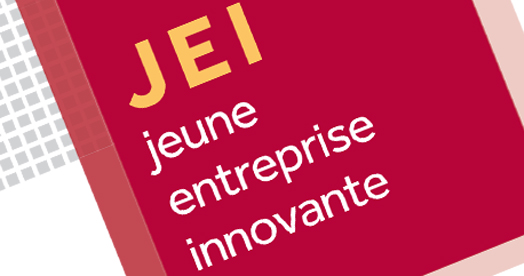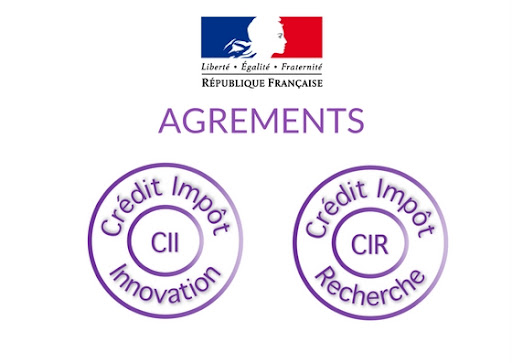Youth Innovative Company (JEI), University Youth Company (JEU), and Growth Youth Innovative Company Status
- Category: Regulations
- Update: Finance Law 2024
Since 2004, France has been offering a special status called Youth Innovative Company (JEI) to small and medium-sized enterprises (SMEs) created less than 11 years ago, engaging in research, development, and innovation expenses.
The European Commission, in 2014, ranked this tool as the first among tax incentive schemes for R&D, considering it the most efficient among 83 fiscal tools in about thirty countries - European Union member states, the United States, Canada, and Japan, among others.The JEI status comes with many advantages, including:
- On the fiscal side:
- The possibility to request partial or total exemption from property tax.
- The possibility to benefit from research tax credit. Article on R&D Tax Credit
- On the social side:
- Benefit from an exemption from employer contributions.
Companies founded before January 1, 2024, also benefit from an exemption on corporate tax up to 100% in their first profitable year and 50% in the second. They can also request a CFE (Business Property Contribution) exemption.
To be eligible for this status, several criteria must be met:
- At least 15% of expenses must be R&D-related.
- Be an SME.
- Have been created less than 8 years ago (or less than 11 years for companies created before January 1, 2023).
- Be independent, i.e., not be owned more than 50% by another company that is not a JEI.
For companies created before January 1, 2023, they can benefit from the social exemption associated with the JEI status until their 8th anniversary and the fiscal exemption until their 11th anniversary.
The statuses of JEU and JEIC offer the same advantages as the JEI status. However, they differ in their eligibility conditions:
- A JEU must be led or owned by at least 10% by a student, a graduate of less than 5 years from a master's or a doctorate, or by a person involved in teaching or research activities. It must have as its main activity the valorization of research work but no longer needs to have at least 15% of its expenses dedicated to R&D.
- A JEIC, a status established since 2024, must dedicate its R&D expenses to the extent of 5 to 15%. However, it must meet certain economic performance criteria defined by modalities that are yet to be specified by the government.
In all circumstances, once obtained, the status is not permanent. If any of the eligibility criteria cease to be satisfied, the company loses its status.
These fiscal incentives aim to encourage companies to invest more in research and development, thus promoting innovation and competitiveness among companies in France.



